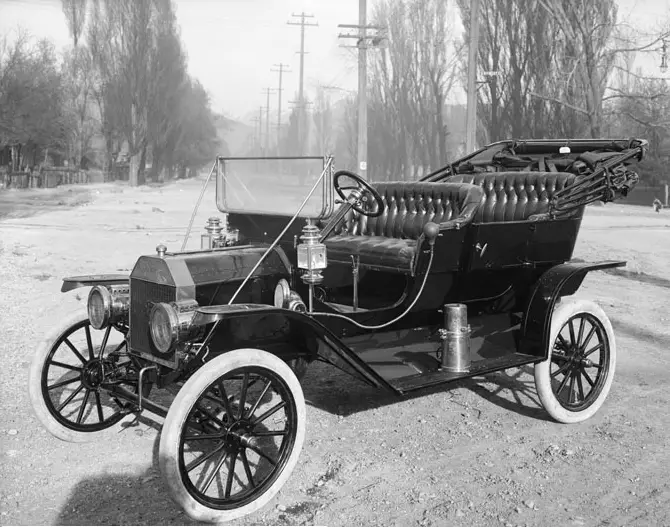Ford Motor Company took legal action against the US government for bombing its factories in Nazi Germany. Recently disclosed Nazi documents revealed that Ford Motor Company was among 500 firms connected to Auschwitz, as announced by Polish officials. This revelation complicates Ford’s efforts to distance itself from allegations of profiting from wartime slave labor.
While the extent of Ford’s involvement with the camp administration remains unclear, these documents may support claims by former slave laborers suing the company in the US. They allege being forced to work in Ford’s Cologne plant, operated by its German subsidiary.
This development echoes the scrutiny Swiss banks faced over their dealings with Nazi Germany. Similarly, American car companies deny aiding the Nazi war effort or profiting significantly from forced labor at their German subsidiaries during World War II. However, historians and lawyers are gathering evidence suggesting a collaboration between automakers and the Nazi regime.
The implications for American car manufacturers extend beyond potential lawsuit settlements. During the war, they earned praise as the “arsenal of democracy” for producing military equipment. While they reject ties to fascism, questions linger about their involvement with Nazi Germany’s wartime economy.
Both General Motors and Ford have downplayed their responsibility for the actions of their German subsidiaries despite controlling a significant portion of the German car market when World War II began in 1939. These subsidiaries quickly transitioned to producing military equipment for the German army.
However, German and American archived documents paint a more nuanced picture. Some American managers at GM and Ford cooperated with converting their German plants to military production, even as the Roosevelt administration urged them to increase military production in their US plants.
The Relationship Between American Ford and Fordwerke
In the 1930s, the management of Ford’s German subsidiary, Fordwerke, felt threatened by the Third Reich’s hostility and sought to appease the Nazi regime to ensure the company’s survival. The government’s goodwill was crucial for Fordwerke’s prosperity, especially as government contracts became a significant portion of its sales.
In 1936, Fordwerke was denied certification as a national producer, which was essential for obtaining government contracts. This denial severely impacted the subsidiary, highlighting the importance of complying with government demands, even if it meant deceiving or minimizing communication with the Dearborn head office in the US.
Avid Writer with invaluable knowledge of Humanity!
Upcoming historian with over 30 million views online.
“You make your own life.”






